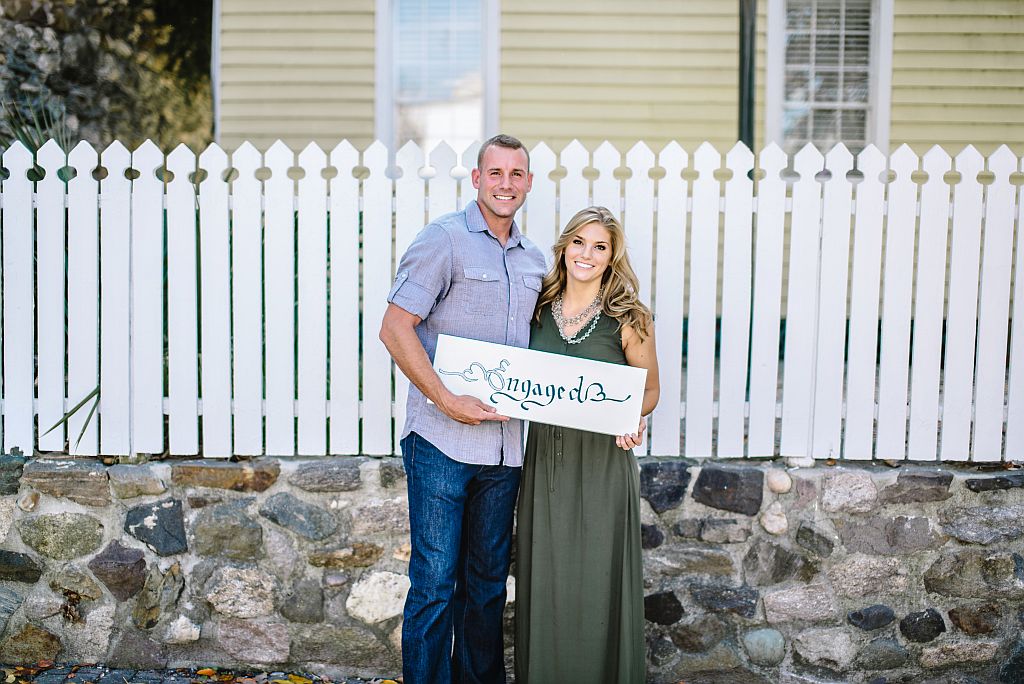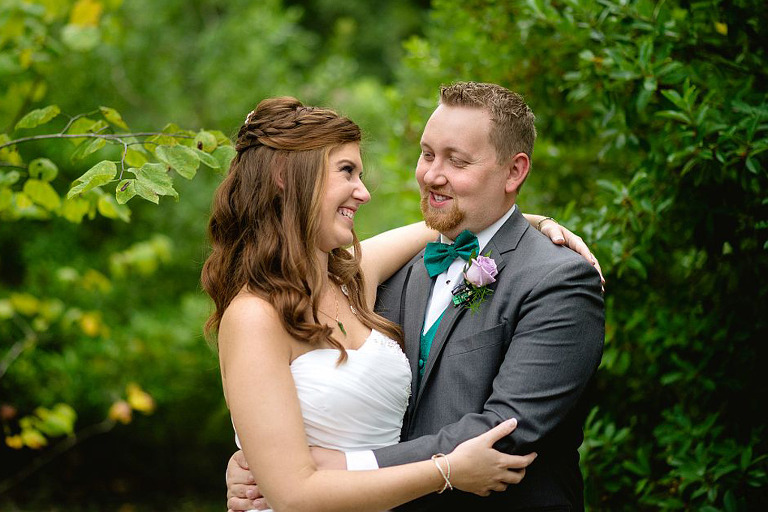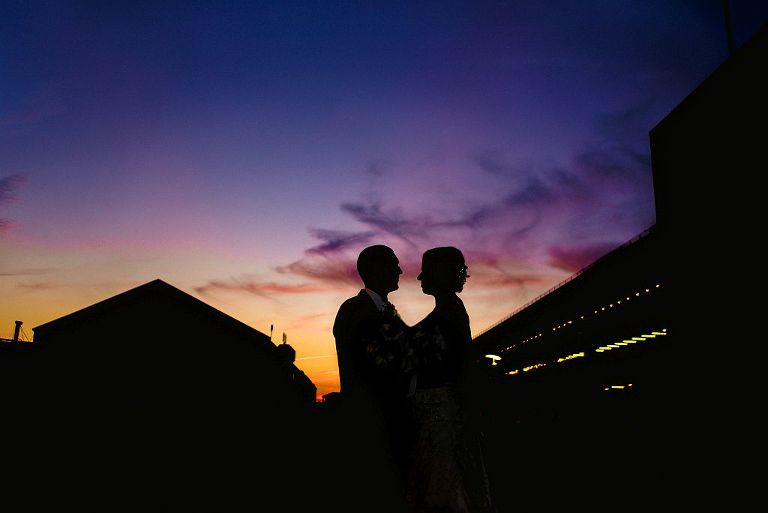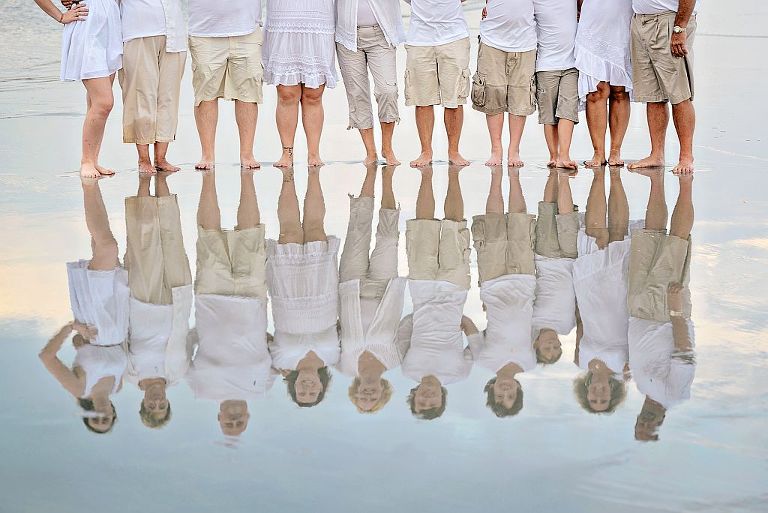If you’re an amateur photographer, chances are good that a DSLR camera will make you very, very excited. DSLR is the next step into the big leagues, with professional-level photographs emerging left and right and camera controls that a simple point and shoot can only dream of providing. However, there is one big question: what lens do you need to buy for your camera?
DLSR cameras have the ability to switch out lenses in a snap, giving you a wide range of functionality in photography. However, these lenses are sometimes expensive, and their uses vary wildly from one to the next.
What is your budget?
The first thing to consider is how much you are willing to spend. Camera lenses can be as low as $150 or less or higher than $500, depending on the type and quality. If you’re limited in the amount you can spend, it may be beneficial to look for reputable second-hand dealers to provide you with a better quality lens.
The first thing to consider is how much you are willing to spend. Camera lenses can be as low as $150 or less or higher than $500, depending on the type and quality. If you’re limited in the amount you can spend, it may be beneficial to look for reputable second-hand dealers to provide you with a better quality lens.
What kind of photos do you take?
If you’re a landscape photographer, you’ll likely need a much different lens than if you take primarily portrait photos. A landscape photographer might prefer a wide-angle lens for in order to take in as much of the view as possible, while a portrait photographer would likely prefer either a standard telephoto lens or a macro lens.
If you’re a landscape photographer, you’ll likely need a much different lens than if you take primarily portrait photos. A landscape photographer might prefer a wide-angle lens for in order to take in as much of the view as possible, while a portrait photographer would likely prefer either a standard telephoto lens or a macro lens.
Size and Weight
Another important thing to consider about the lens you buy is size and weight. Lenses vary in how heavy they are, but the larger and more powerful the lens, the more weight it will have. If you aren’t strong enough to hold the camera steady while using a larger lens, you might want to invest in a tripod or consider a smaller option. Another more practical consideration is storage. If you’re purchasing a camera for an upcoming trip, you’re not going to want to lug around a massive lens all day long. A smaller, everyday style lens would be more than sufficient for most people’s needs.
Another important thing to consider about the lens you buy is size and weight. Lenses vary in how heavy they are, but the larger and more powerful the lens, the more weight it will have. If you aren’t strong enough to hold the camera steady while using a larger lens, you might want to invest in a tripod or consider a smaller option. Another more practical consideration is storage. If you’re purchasing a camera for an upcoming trip, you’re not going to want to lug around a massive lens all day long. A smaller, everyday style lens would be more than sufficient for most people’s needs.






